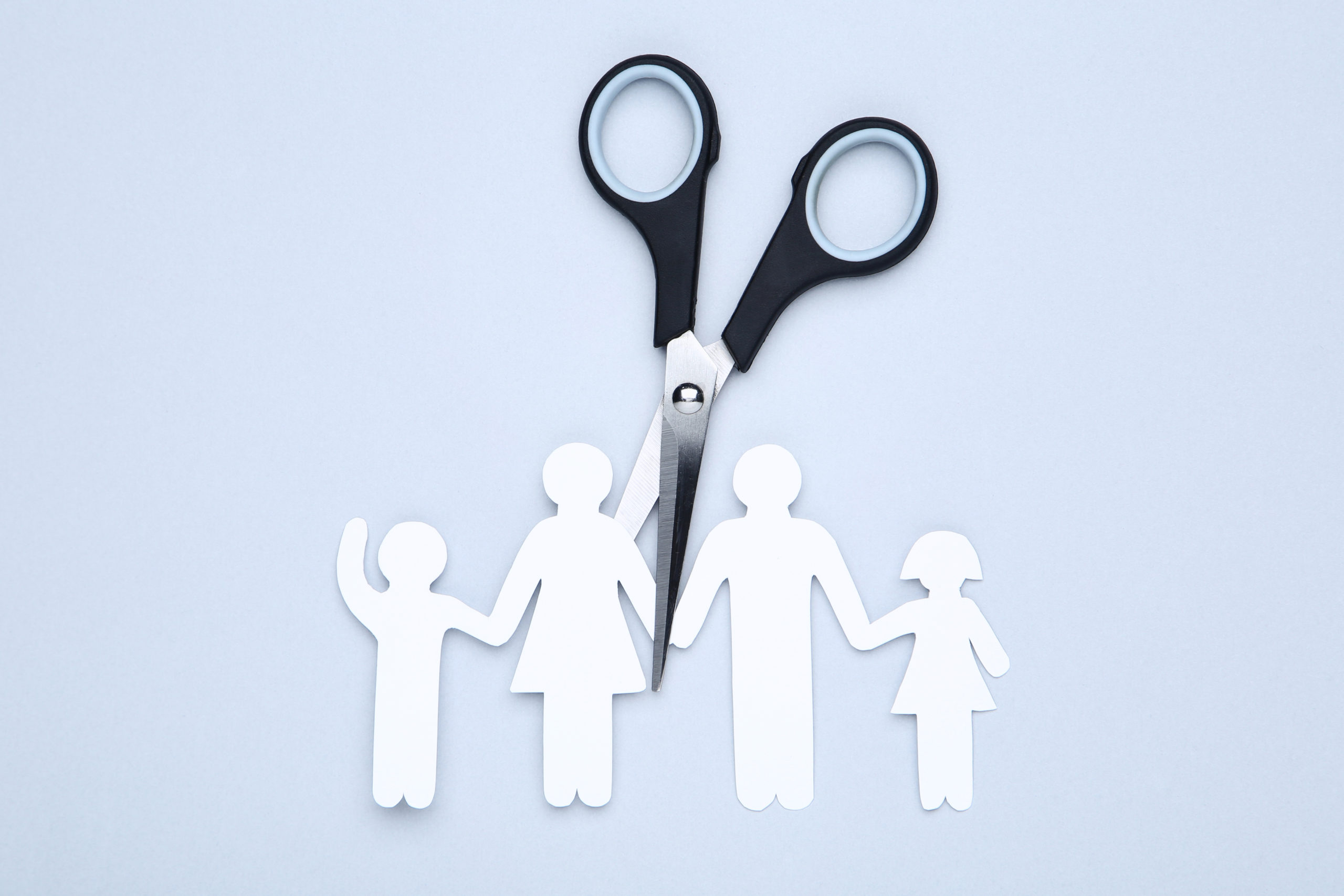In today’s evolving family structures, the definition of a “single mom” has become a topic of discussion and interpretation. One question that often arises is whether divorced mothers should be considered single moms. The answer to this seemingly simple question is not as straightforward as it may seem, as it depends on various factors and individual perspectives. In this blog post, we will delve into the nuances of this topic and explore the different viewpoints surrounding the identity of divorced mothers.
Typically, the term “single mom” refers to a mother who is raising her child or children without a partner or spouse. If a woman is divorced and has full custody or primary responsibility for raising her children without significant involvement from the children’s father, she may consider herself a single mom. This is especially true if she is the sole provider and decision-maker in her household.
However, if a divorced mother shares custody or co-parent with the children’s father, some may argue that she does not fit the traditional definition of a single mom since she shares parenting responsibilities with the father. In such cases, terms like “co-parent” or “divorced mom” may be more accurate.
Please note that the terms “single mom” or “divorced mom” are not intended to pass judgment or diminish the role of co-parents or divorced fathers. They are simply used as general descriptors to refer to mothers who are primarily responsible for their children’s upbringing without a partner or spouse.
In some situations, even if a divorced mother shares custody or co-parents with the children’s father, she may still consider herself a single mom due to various factors. For example, if she has the majority of the parenting responsibilities, provides the primary financial support, and makes most of the decisions related to the children’s well-being, she may identify as a single mom.
It’s worth mentioning that the legal definition of a single parent or single mom may differ depending on the jurisdiction. In some legal contexts, a person may be considered a single parent if they are unmarried, regardless of their relationship status or custody arrangement. This means that even if someone is divorced, they may still be legally classified as a single parent for certain purposes, such as taxation or government benefits.
Ultimately, how someone identifies themselves as a parent is a personal choice, and the terminology used can vary based on individual circumstances, cultural norms, and personal beliefs. It’s important to respect each person’s self-identification and understand that the experiences and challenges of parenting can differ widely, regardless of marital status or custody arrangements.
The Argument Against Divorced Mothers as Single Moms
While it is true that divorced mothers had a partner at one point and had children within a committed relationship, it does not necessarily negate their status as single moms. The term “single mom” refers more to the current parenting situation rather than the past relationship status.
Divorce is a significant life event that can result in a substantial change in family dynamics. It often involves a legal process that formally dissolves the marital relationship. After a divorce, a mother may find herself solely or primarily responsible for the day-to-day care, financial support, and decision-making for her children.
Even though a divorced mother had a partner in the past, the dissolution of the marriage may have left her as the primary caregiver and decision-maker for her children. This can include responsibilities such as providing emotional support, managing household tasks, attending school events, arranging childcare, and so on.
Being a single mom does not imply that a mother is solely responsible for all aspects of parenting or that the father’s role is entirely absent. In many cases, divorced parents establish co-parenting arrangements or shared custody, which involve ongoing involvement from both parents. However, the primary responsibility for the children’s well-being often falls on the shoulders of the custodial parent, who is frequently the mother.
It’s important to recognize that the term “single mom” is a general descriptor that is used to identify mothers who are primarily responsible for their children’s upbringing without a partner or spouse, regardless of their past relationship status. Divorced mothers who take on the majority of the parenting responsibilities may choose to identify themselves as single moms to reflect their current circumstances and the challenges they face in raising their children independently.
Moreover, the term “single mom” is not meant to invalidate or diminish the significance of the previous relationship or the involvement of the children’s father. It is simply a descriptive term that acknowledges the primary caregiving role that falls on the mother’s shoulders after a divorce.
Additionally, being a single mom does not negate the fact that the children were born within a committed relationship. The history of a committed relationship or marriage does not automatically disqualify a woman from being considered a single mom after a divorce. It is the present circumstances of her being the primary caregiver and assuming the majority of the parenting responsibilities that lead to their identification as a single mom.
Ultimately, the terminology used to describe one’s parenting situation is a personal choice. Some divorced mothers may choose to identify as single moms because it reflects their current reality and the unique challenges they face as primary caregivers. It is essential to respect and acknowledge individual experiences and not impose rigid definitions that may overlook the complexities of family dynamics and post-divorce parenting responsibilities.



